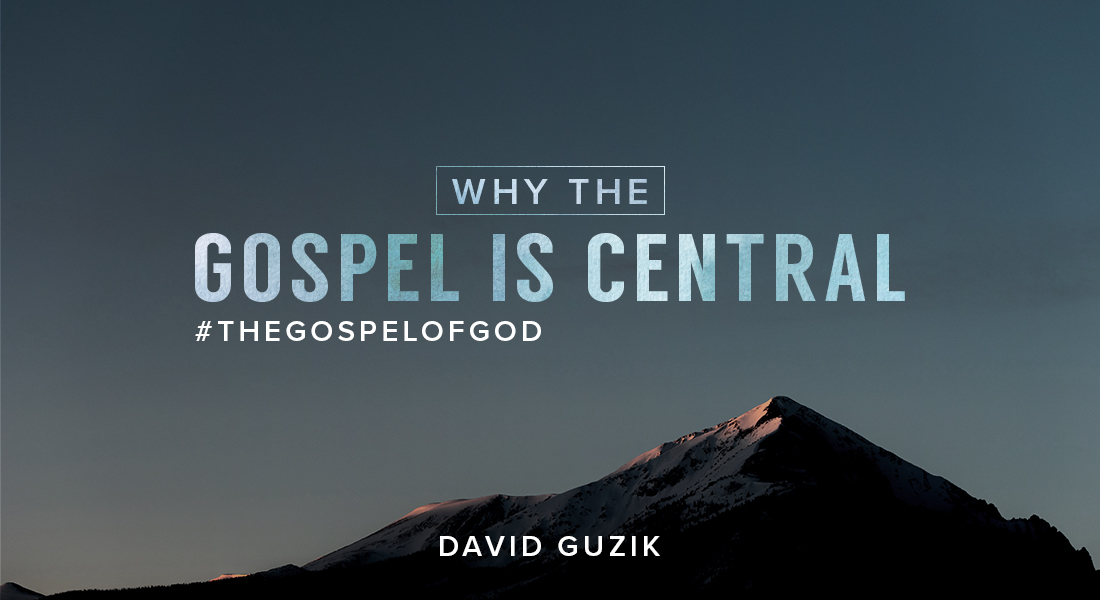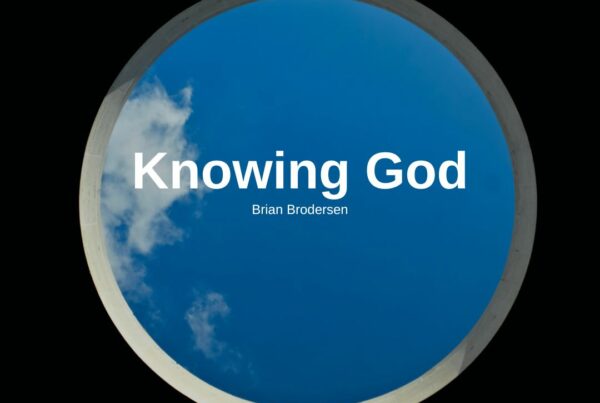
In past years there has been a re-emphasis and refocus on the centrality of the gospel. It’s easy to notice how many organizations, books, conferences and movements purposefully use the word “gospel” in their title. Generally, it is a welcome and positive trend, with the hope that the meaning of the word “gospel” doesn’t get buried or taken for granted by overuse or careless use.
The word “gospel” means “good news.” As the word was used in ancient times, it didn’t have to describe the message of salvation in Jesus Christ; it could describe any good news. The earliest Christians knew what the greatest news ever was that, because of what Jesus did for us, we can be brought into right relationship with God and receive new life from Him, and that this work will one day be fulfilled in the restoration and resolution of all things in Jesus Christ.
This good news wasn’t based upon wishful thinking, clever philosophy or secret mysteries.
We know this from the most useful, straightforward definition of the gospel, found in 1 Corinthians 15:1-4 as Paul wrote by inspiration of the Holy Spirit:
“Moreover, brethren, I declare to you the gospel which I preached to you, which also you received and in which you stand, by which also you are saved, if you hold fast that word which I preached to you; unless you believed in vain. For I delivered to you first of all that which I also received: that Christ died for our sins according to the Scriptures, and that He was buried, and that He rose again the third day according to the Scriptures.”
Paul plainly described the gospel he faithfully preached as centered on certain historical events: the death, burial and resurrection of Jesus Christ. It is important to notice that this gospel is not insightful teaching or good advice. At the core of the gospel are things that happened––actual, real, historical events.
The gospel isn’t a matter of religious opinions, platitudes or fairy tales; it is about real, historical events. It’s about what God did in Jesus Christ to make us right with Him, and what flows forth from those events.
When we let people think that the core of the Christian life is what I do for God, we are inconsistent with the gospel. The message of the gospel shows us that the core of the Christian life is what God did for me in Jesus. There is plenty to talk about when it comes to what I do for God, but only in its proper place after what God did for me.
Those first four verses of 1 Corinthians 15 are a gold mine about the gospel.
To mention a few nuggets of gold for you think about:
• The gospel is declared, not performed (I declare to you).
• The gospel is received, not created (which also you received).
• The gospel is our present standing (in which you stand).
• The gospel is our salvation (by which also you are saved).
• The gospel must be held on to (if you hold fast).
• The gospel is preached, proclaimed (that word which I preached to you).
• Without being centered on the gospel, faith is in vain (unless you believed in vain).
• The gospel is not just that Jesus died, but that He died for our sins.
• The gospel is not just that Jesus died, but that He died according to the Scriptures.
• The gospel is rooted and grows out of all God’s work and promises in the Hebrew Scriptures (according to the Scriptures).
Each of these aspects is significant all on their own; collectively, they are like a great waterfall, a “Niagara Falls” of God’s goodness to us in Jesus Christ.
Yet it all comes back to this: The gospel is what God did for us, not what we do for Him.






